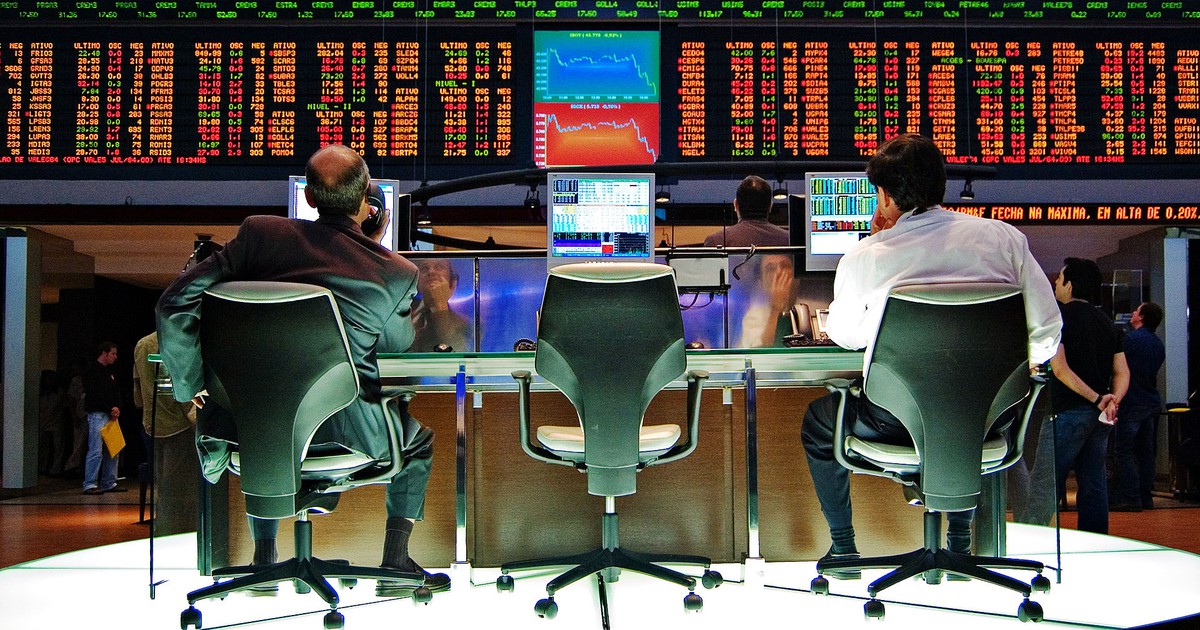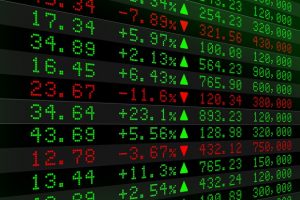After-hours trading consists in trading securities after the specified regular trading hours on major exchanges. Both the Nasdaq and the Stock Exchange in New York operate regularly between 9:30 a.m. and 4:00 p.m. ET. However, in the after hours trading session, buying and selling orders can be performed in the hourly interval of 4:00 pm to 8:00 pm EST. From 8a.m to 9.15a.m investors have access to the morning after hours trading session.
Electronic communication networks’ emergency opened a new stock trading era. An electronic communication network consists in an interface that allows individual as well as large institutional investors to interact anonymously and electronically, hiding their actions.
Up until the 1990s, institutional investors were the only ones to primarily use after-hours trading. However, when electronic communication networks became more widely available, after-hours trading became accessible to most investors. In order to take advantage of this trading option, investors have to use brokerage accounts. The after hours trading is also known as the “after-hours market” or “extended-hours trading”.

After hours trading advantages
Traders operating during the after hours session can benefit of certain advantages. Among these several advantages is convenience. Trading after hours means trading at off-peak times, which can provide more flexibility. Economic indicators, earnings releases and other significant news events are released outside of standard trading hours.
 Investors can react quickly to breaking news stories by having the ability to trade around the clock. They can trade immediately on new information during the after-hours trading sessions rather than waiting to take a position during the traditional trading day. Trading after hours can also give investors the opportunity to find some appealing prices. In order to take full advantage of the opportunities to trade during after hours sessions, investors may apply some specific strategies.
Investors can react quickly to breaking news stories by having the ability to trade around the clock. They can trade immediately on new information during the after-hours trading sessions rather than waiting to take a position during the traditional trading day. Trading after hours can also give investors the opportunity to find some appealing prices. In order to take full advantage of the opportunities to trade during after hours sessions, investors may apply some specific strategies.
After hours trading risks
While trading after hours can give investors some advantages, they have also to remember that there are risks to participating in this extended hours trading. Any investor should be mindful of these risks:
-
- Less liquidity – During after trading hours it might be more difficult to convert shares to cash and there may be less trading volume for your stock.
- Wide spreads – Lower trading volume can lead to a wide spread between ask and bid prices. This means that it may become more difficult for individual traders to have their orders executed at favorable prices.
- Competition – Individual investors trading in an after-hours market have to compete against large institutional investors with access to more resources.
- Volatility – Compared to regular hours trading, the after hours trading market is less traded. This means that in after hours trading investors are more likely to experience severe price fluctuations than when trading during regular hours.
Conclusion
The emergence of electronic markets has made after hours trading highly accessible to individual investors and retail traders. Extended hours trading have been once the dominion of big institutional investors, but today this market is open to anyone. Whether you are want access to wider trading opportunities or you are just looking to get a feel for how the market will open, many new possibilities are opening when you are following market action outside the regular trading hours.

Colby Hoffmaster says:
I like the way you made this simple and easy to understand
June 27, 2017 — 4:37 pm
Apolonia Depetro says:
love these articles. keep them coming!
August 8, 2017 — 9:00 pm
Jami Aemmer says:
helpful article .
August 8, 2017 — 9:01 pm